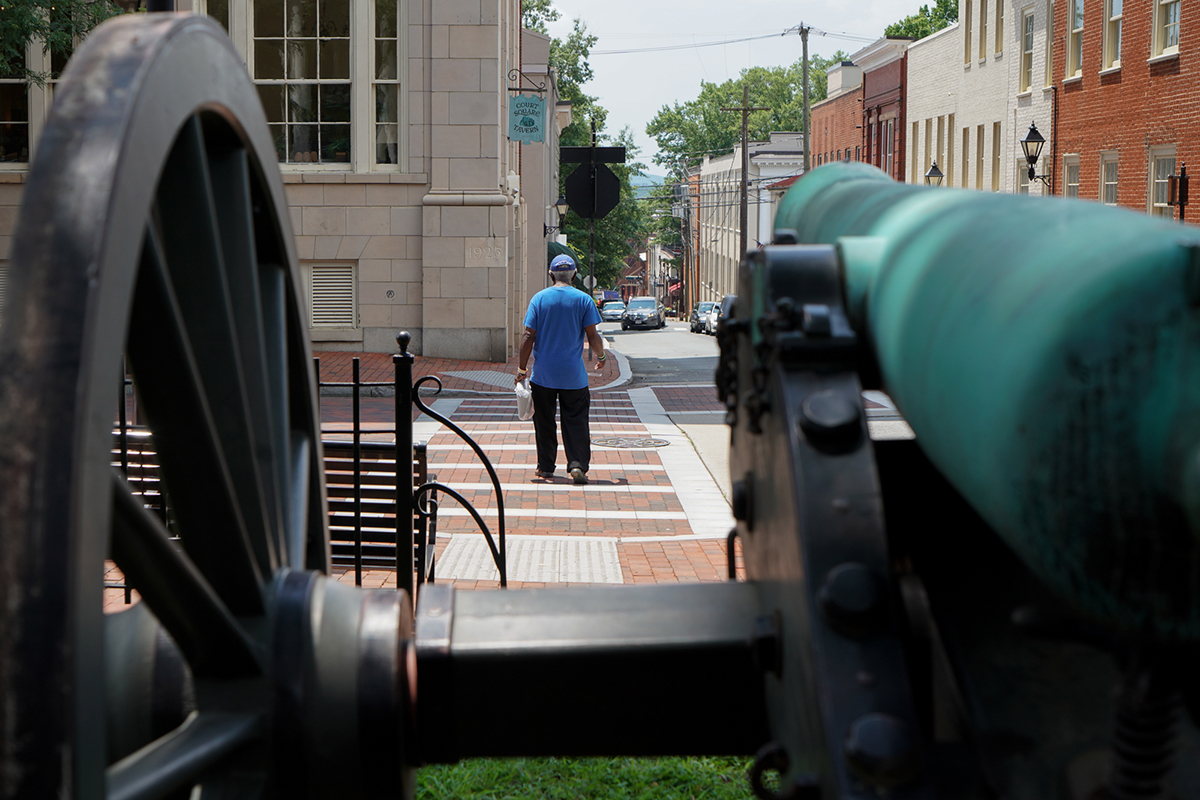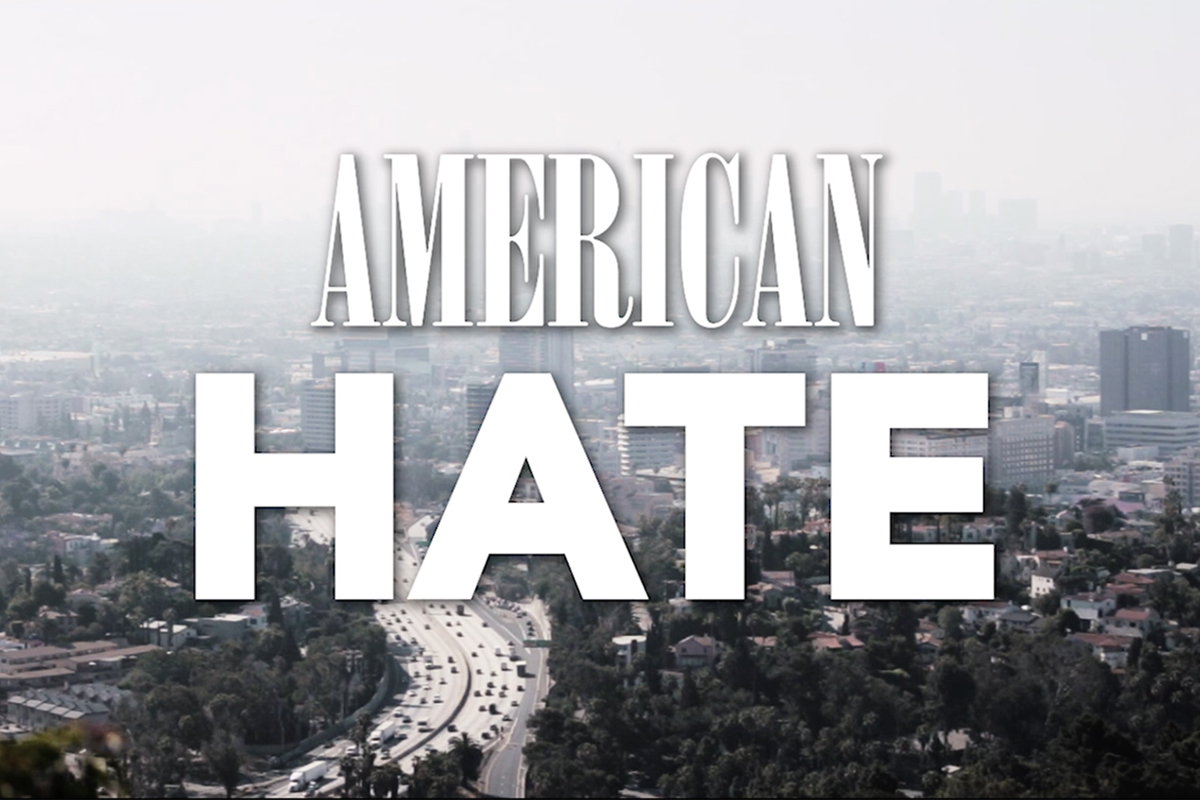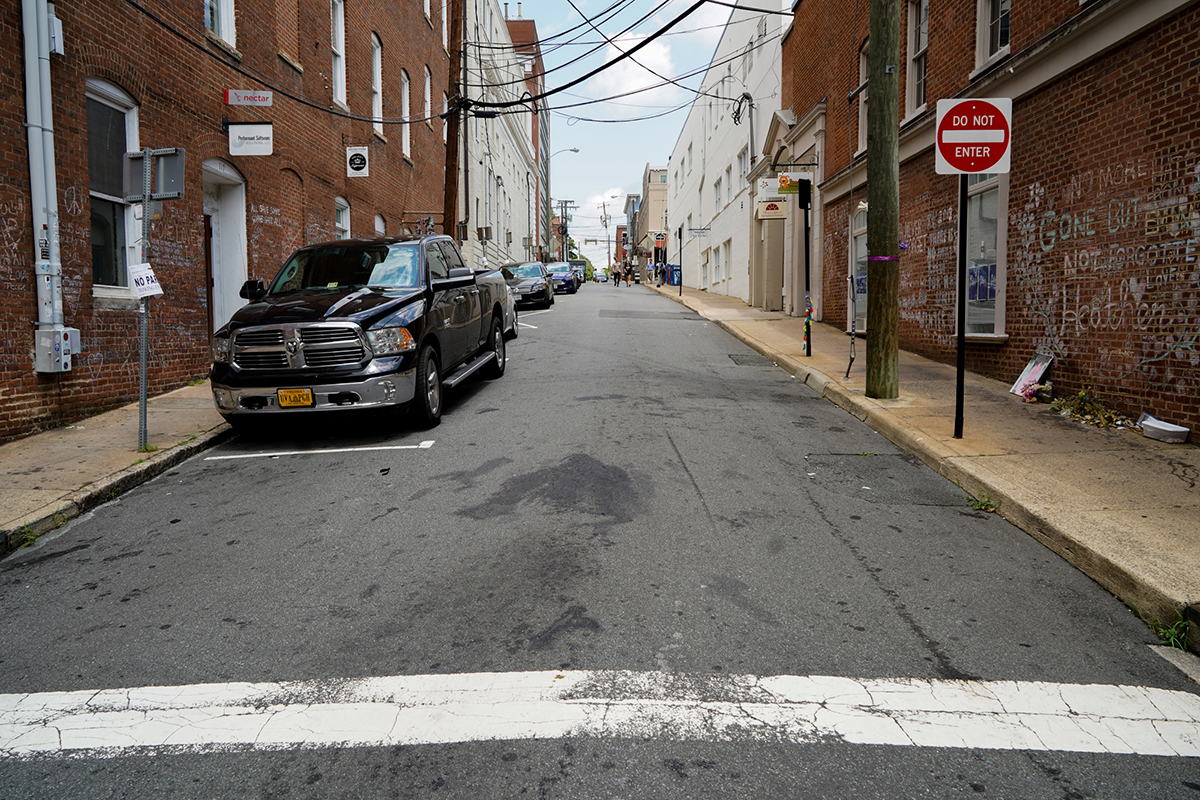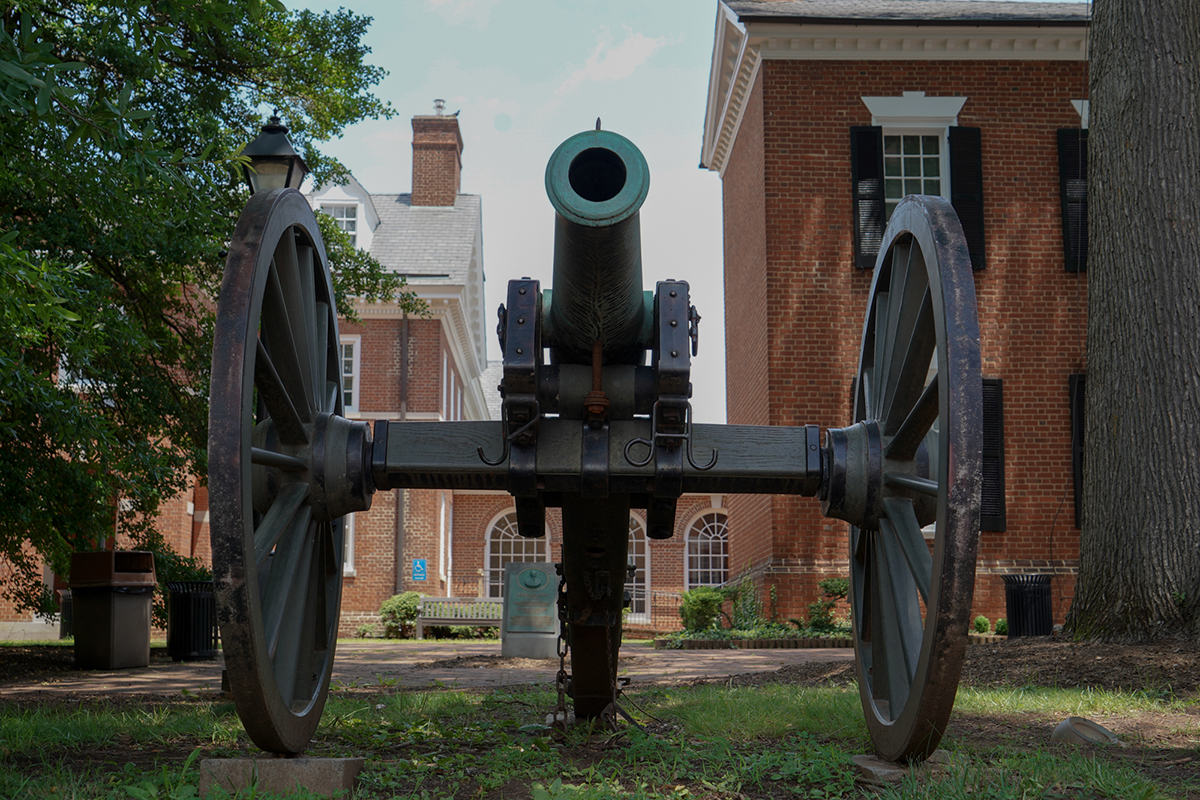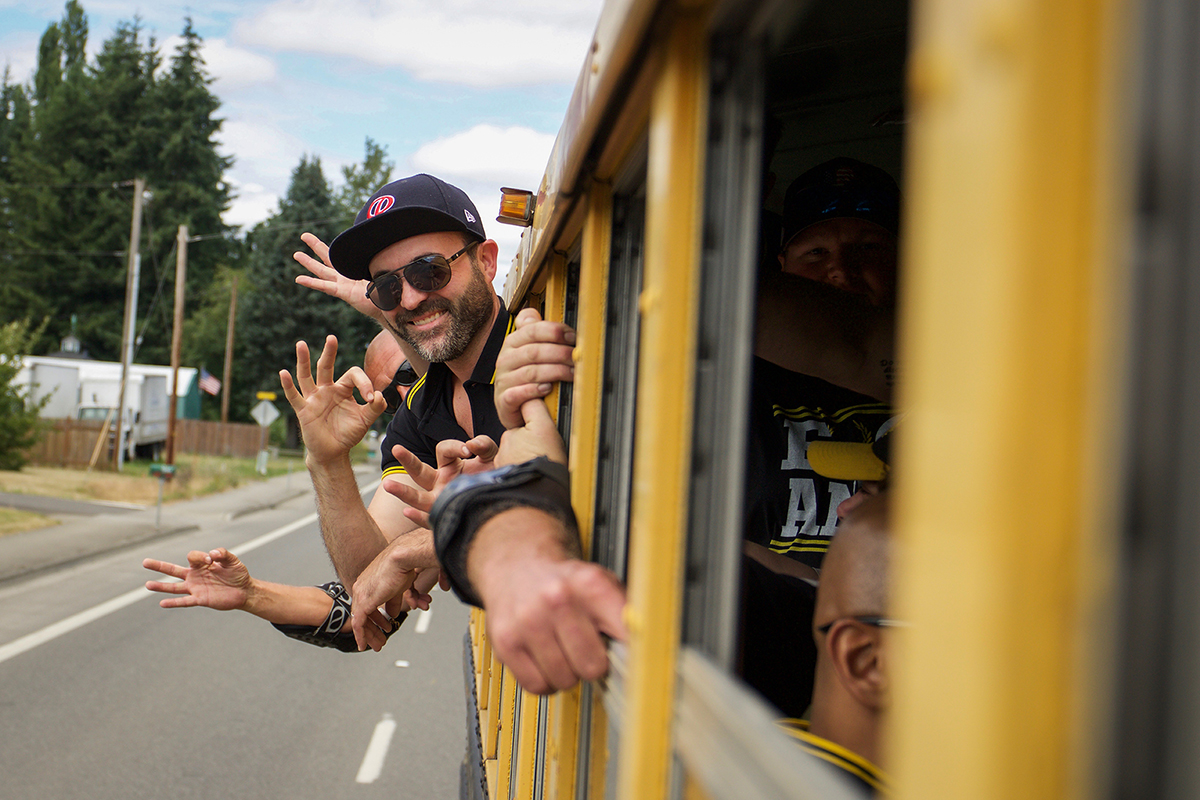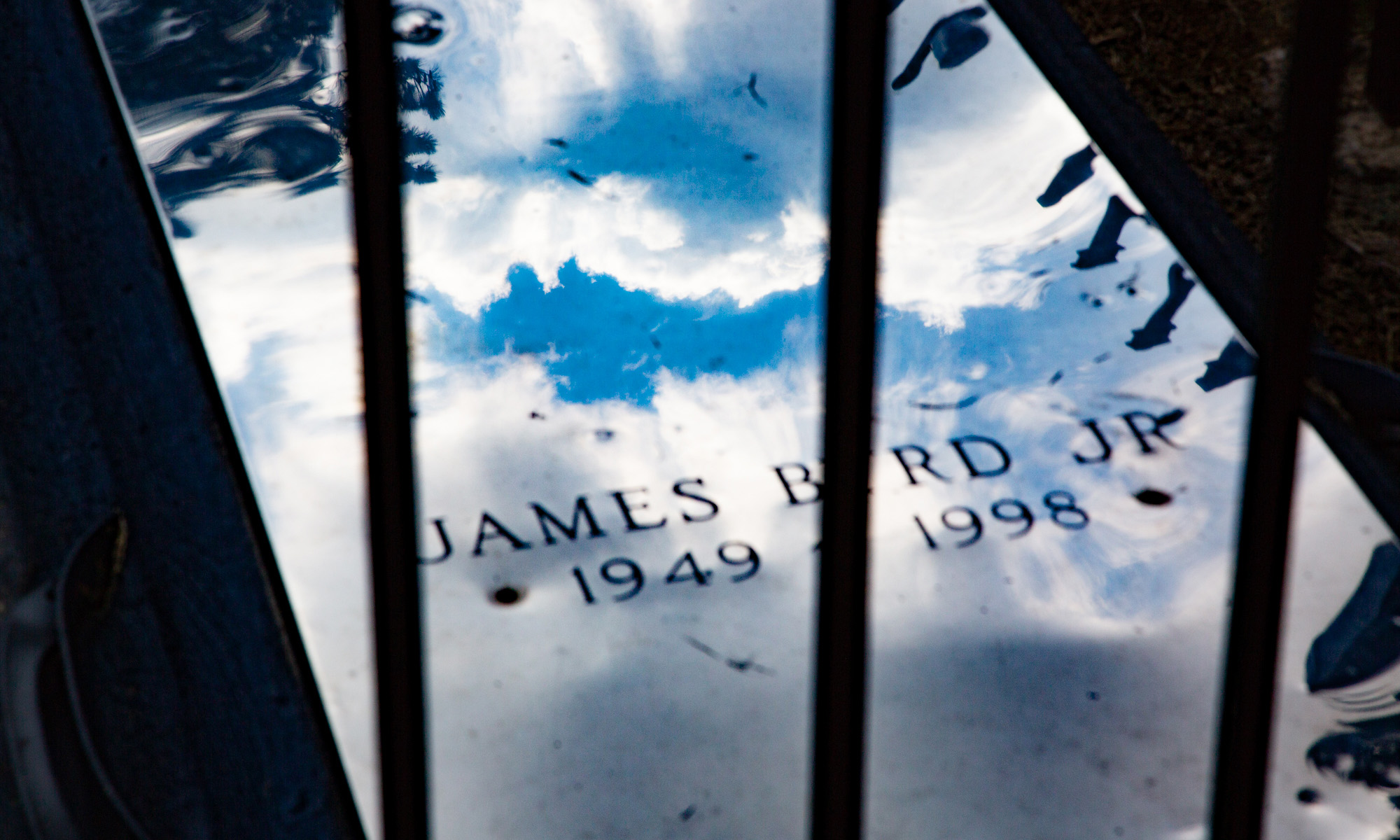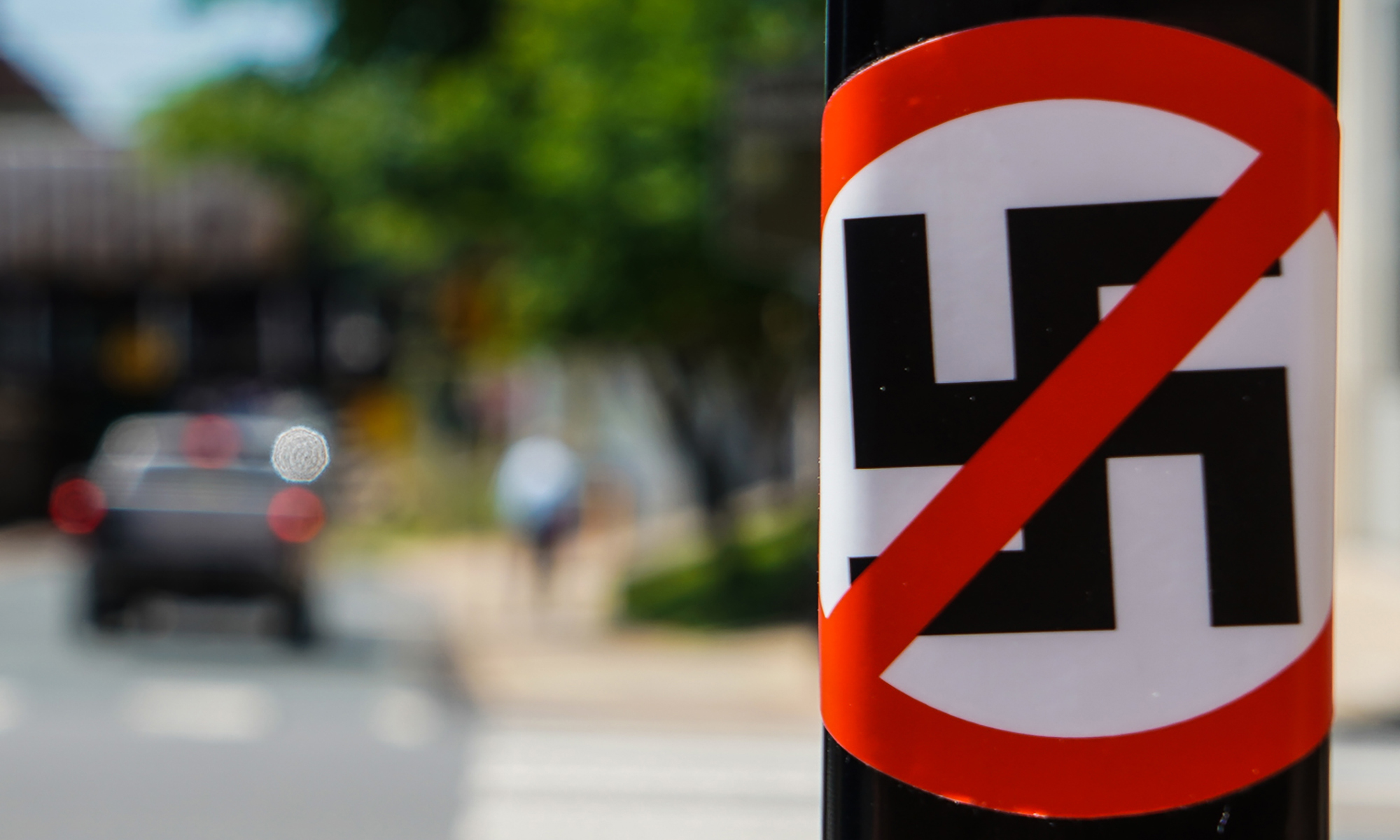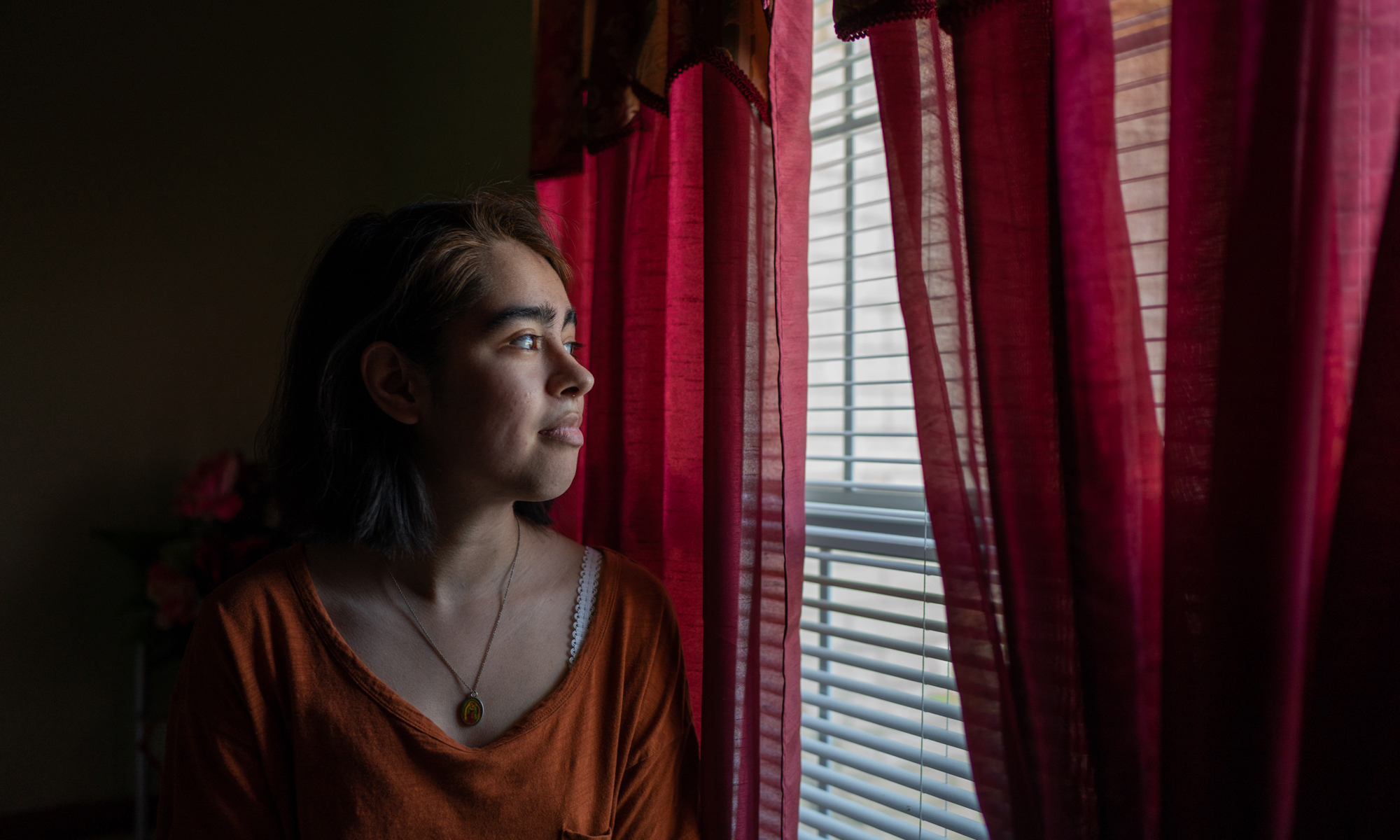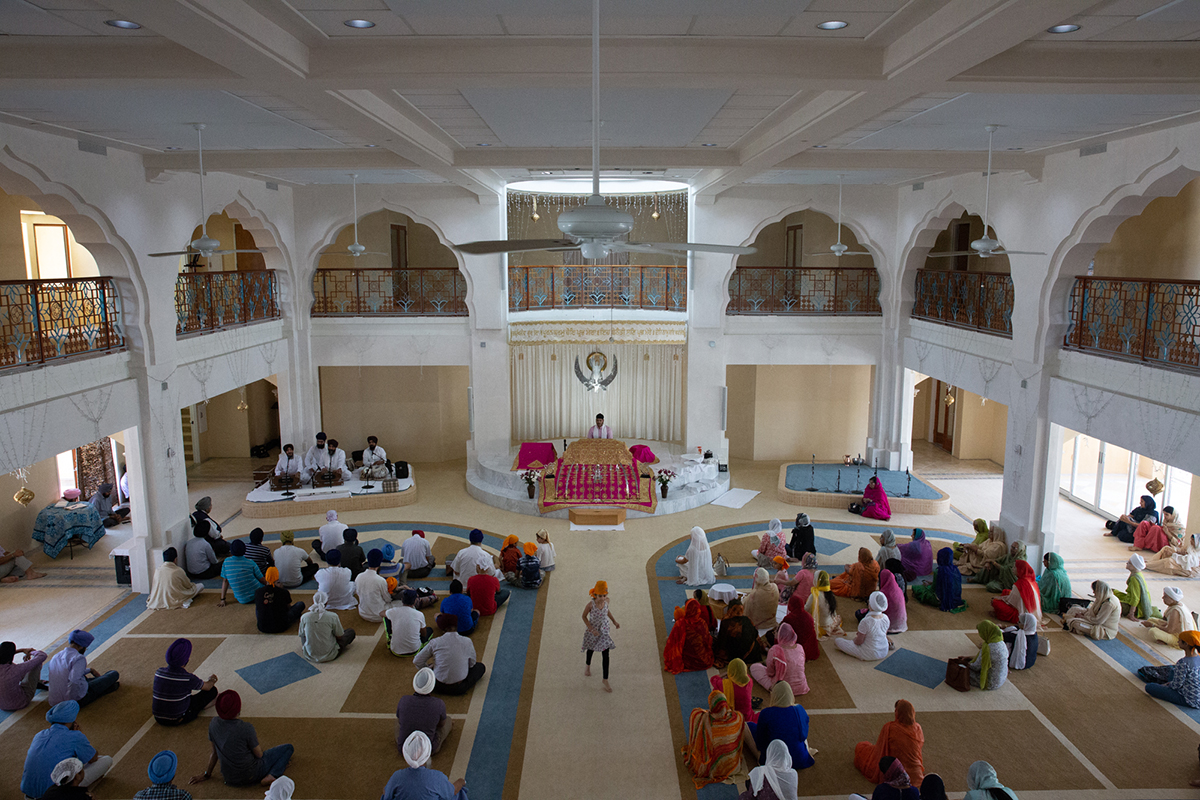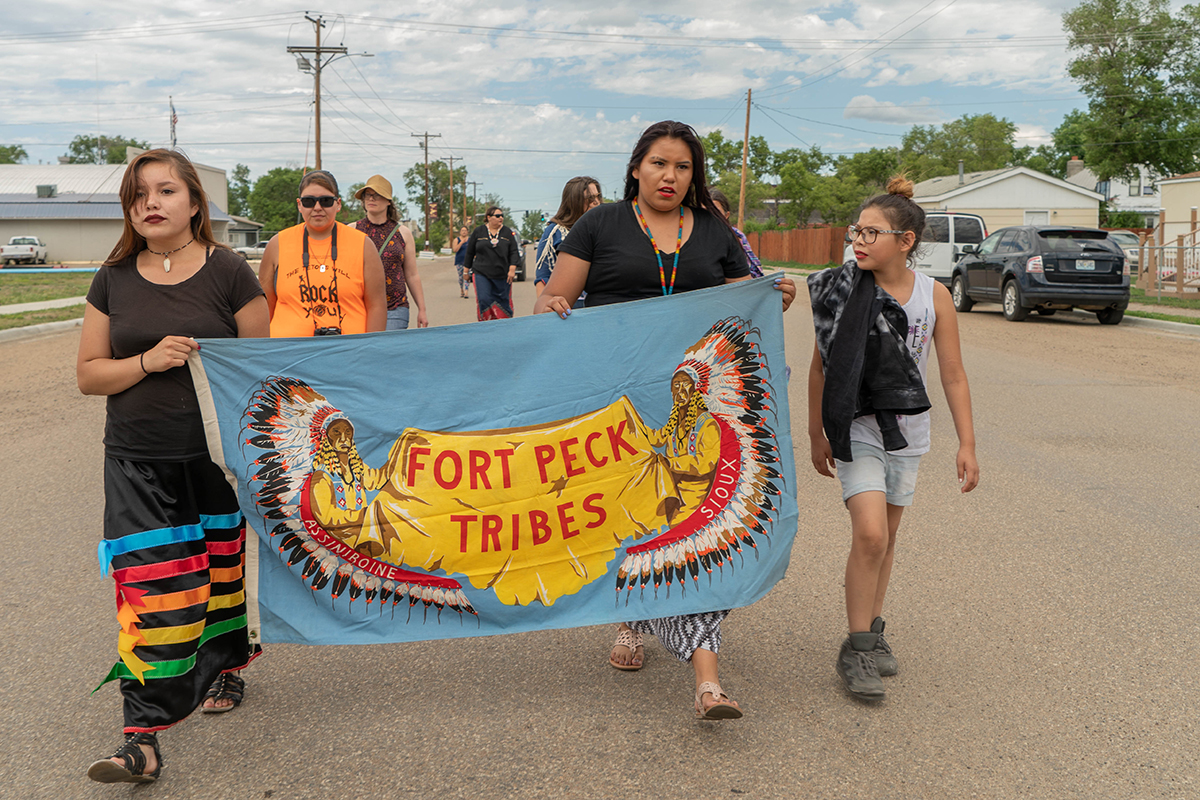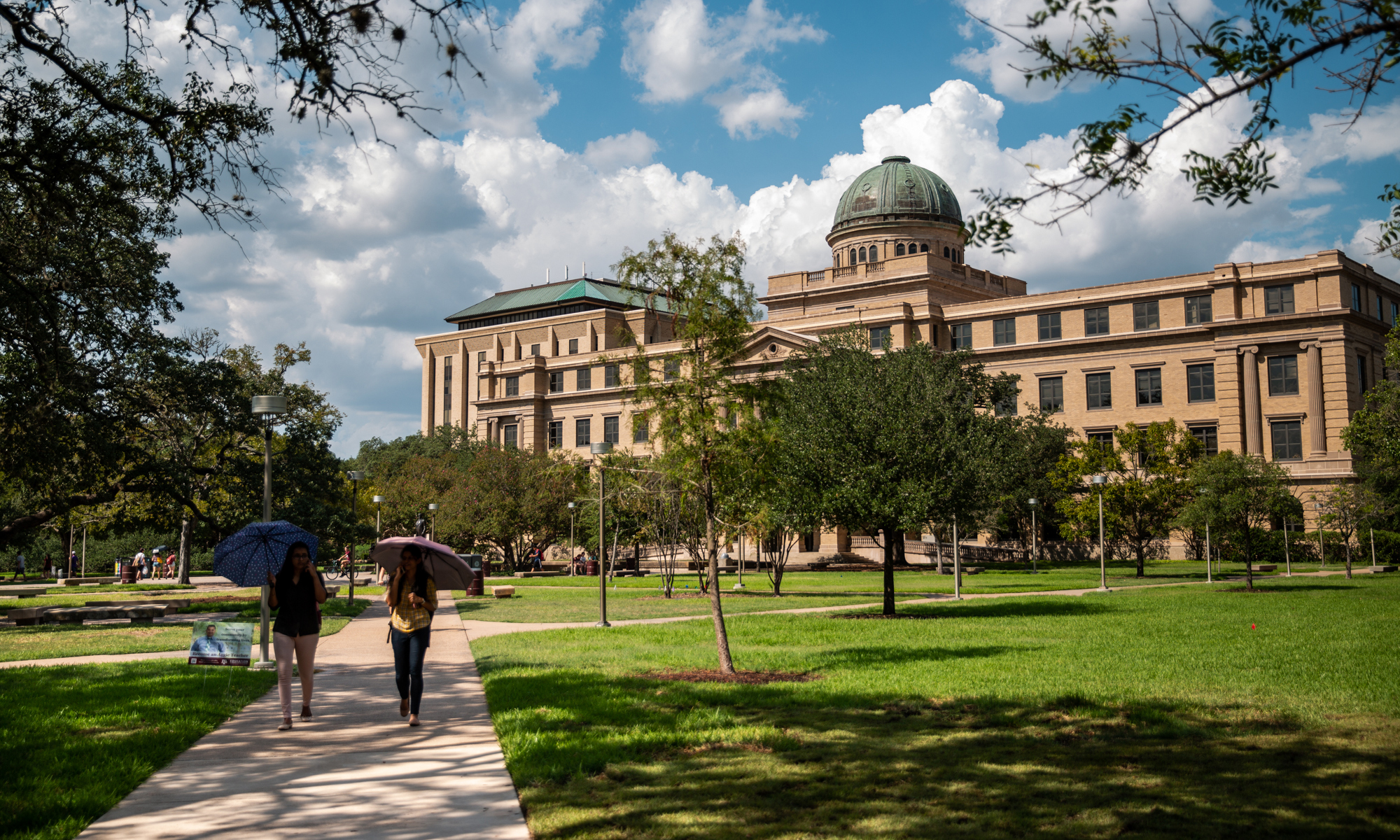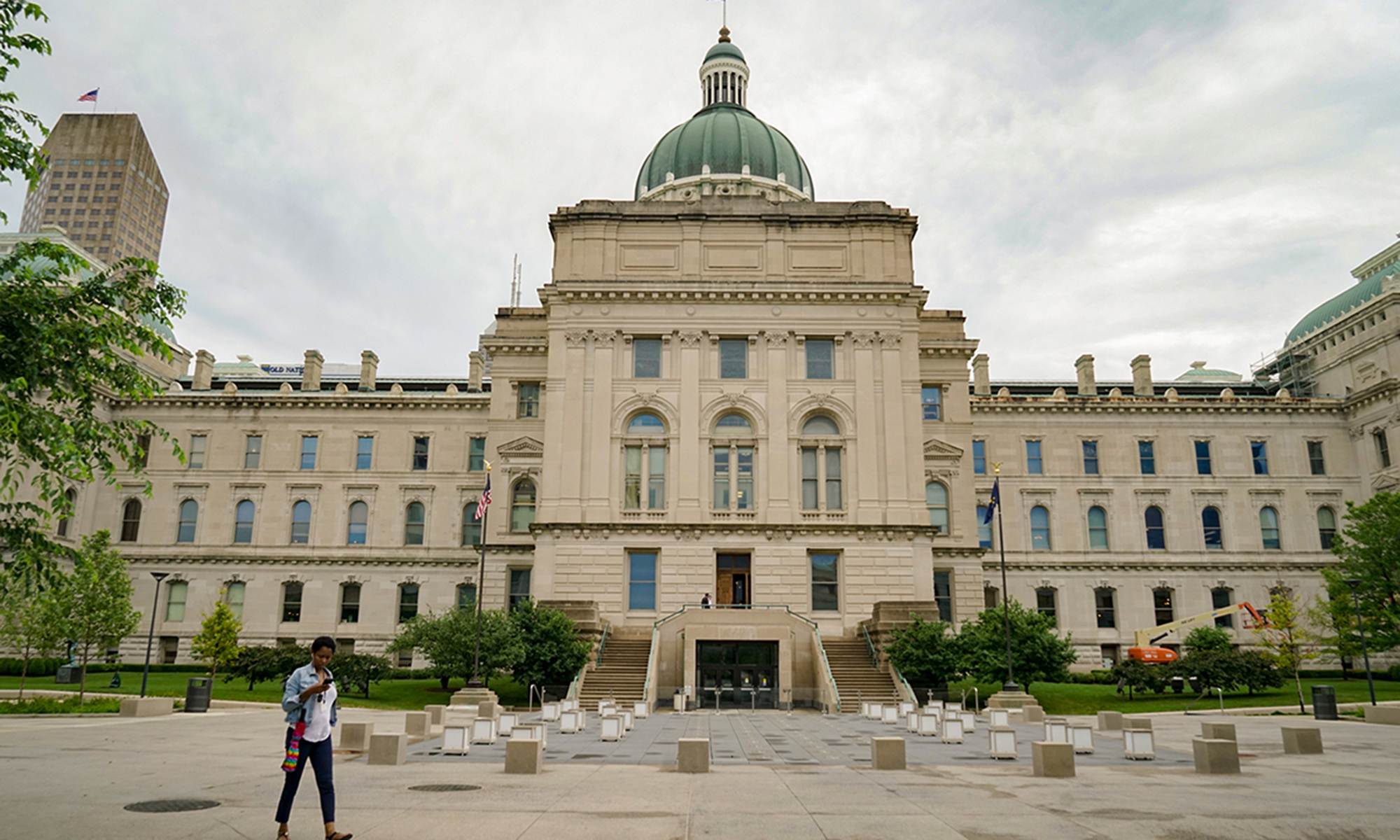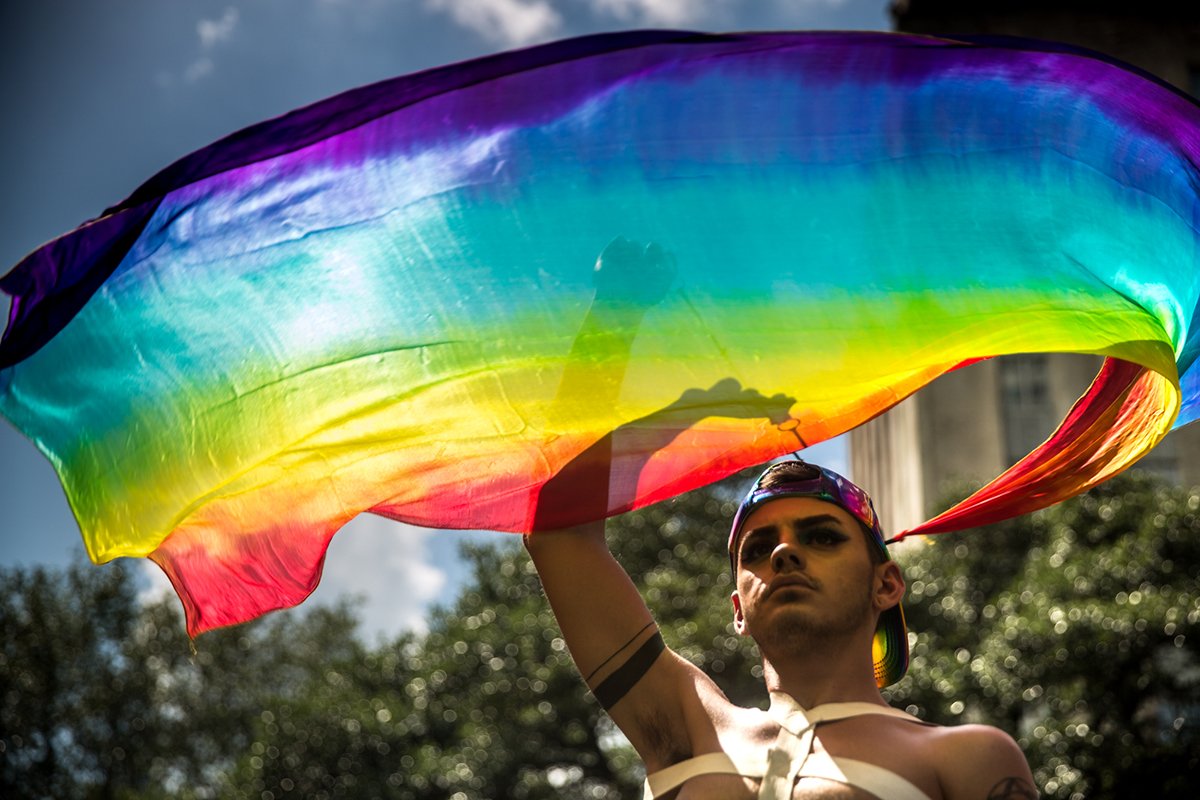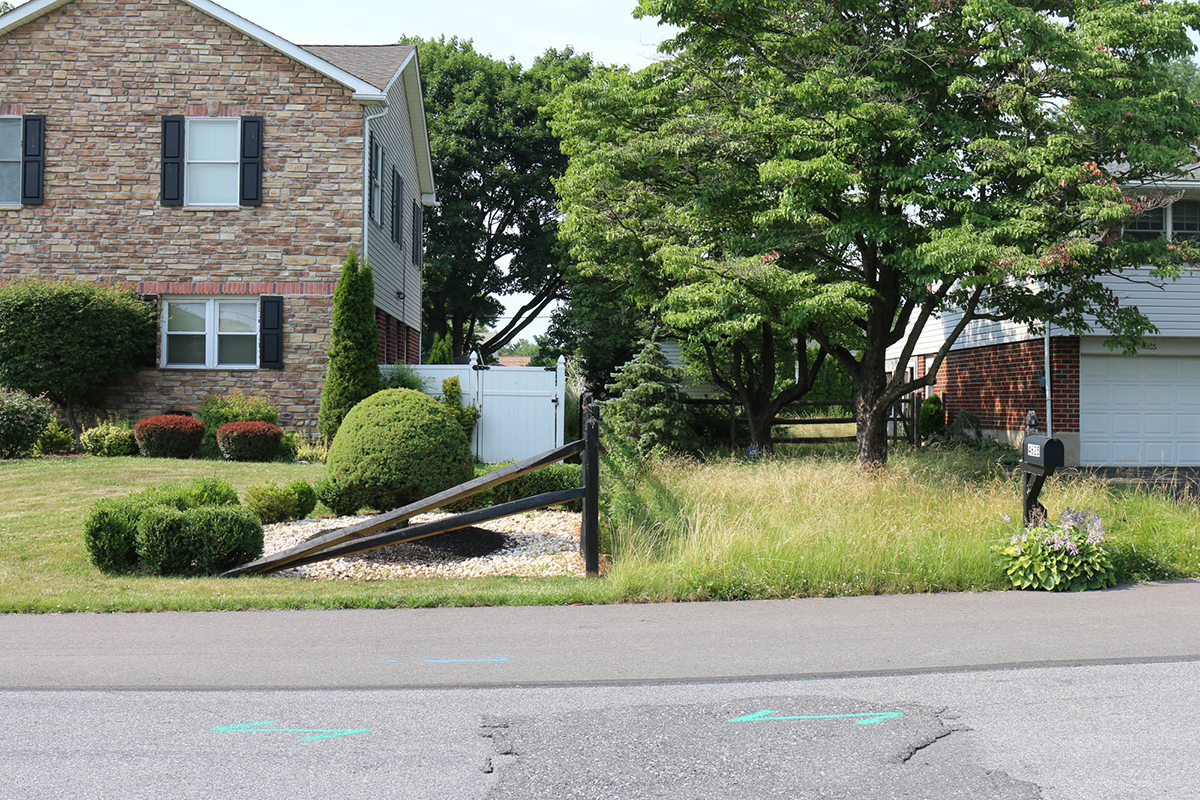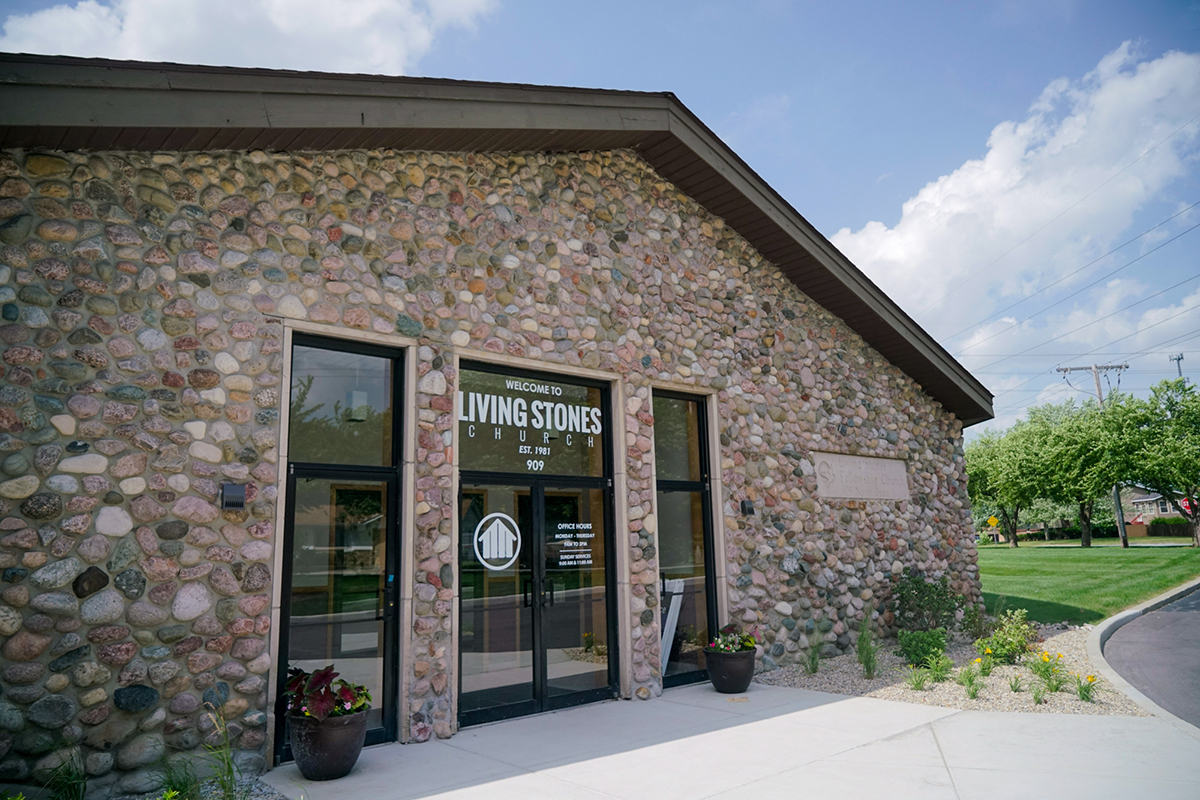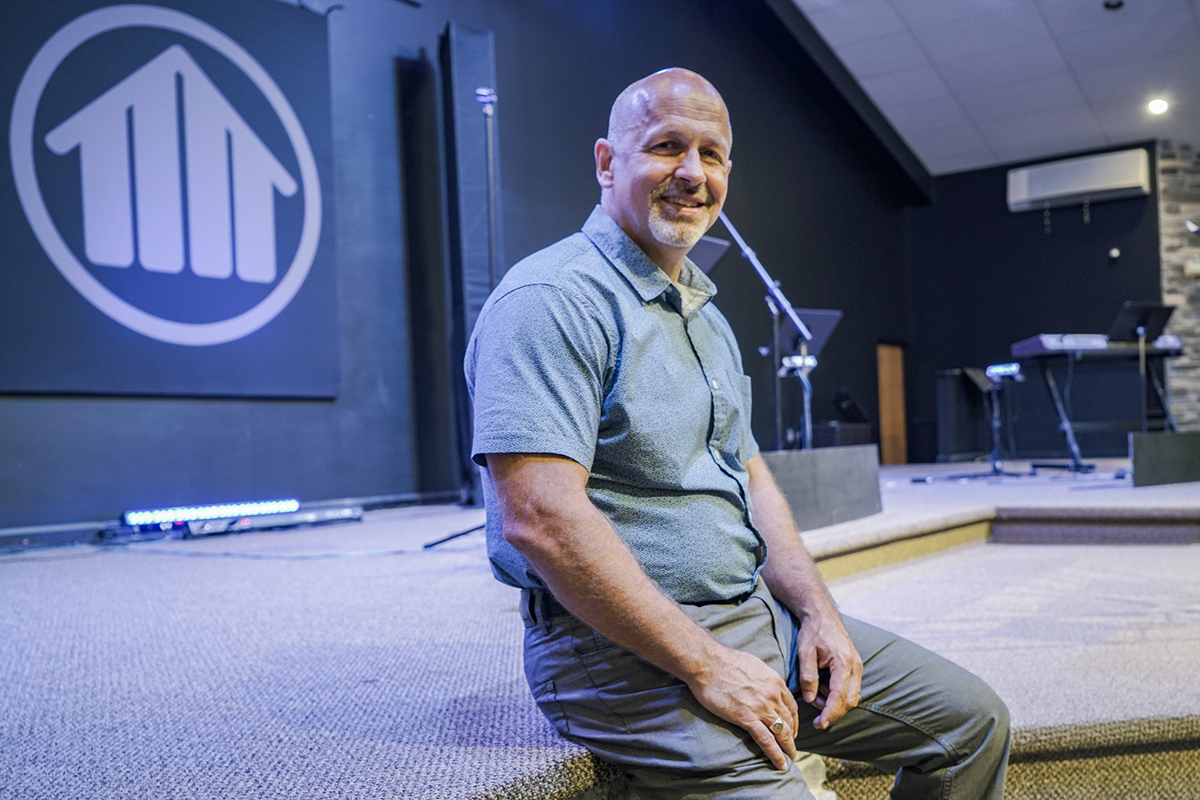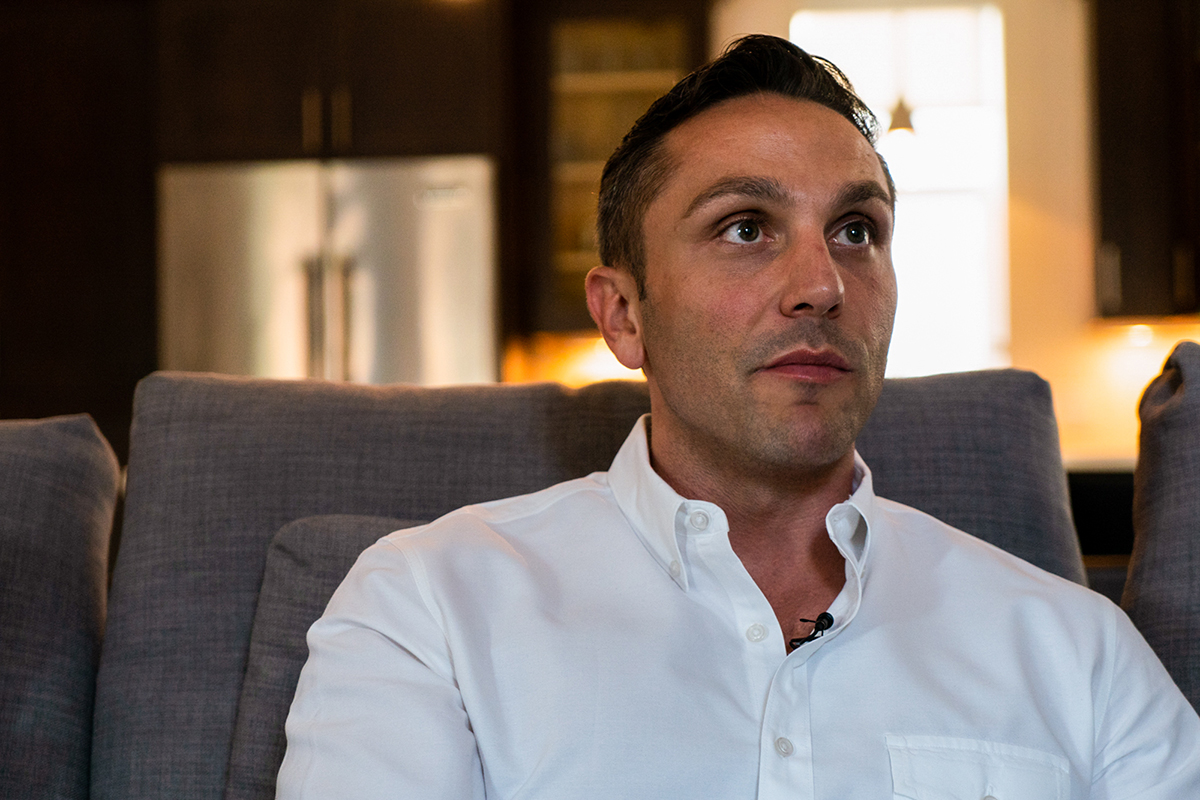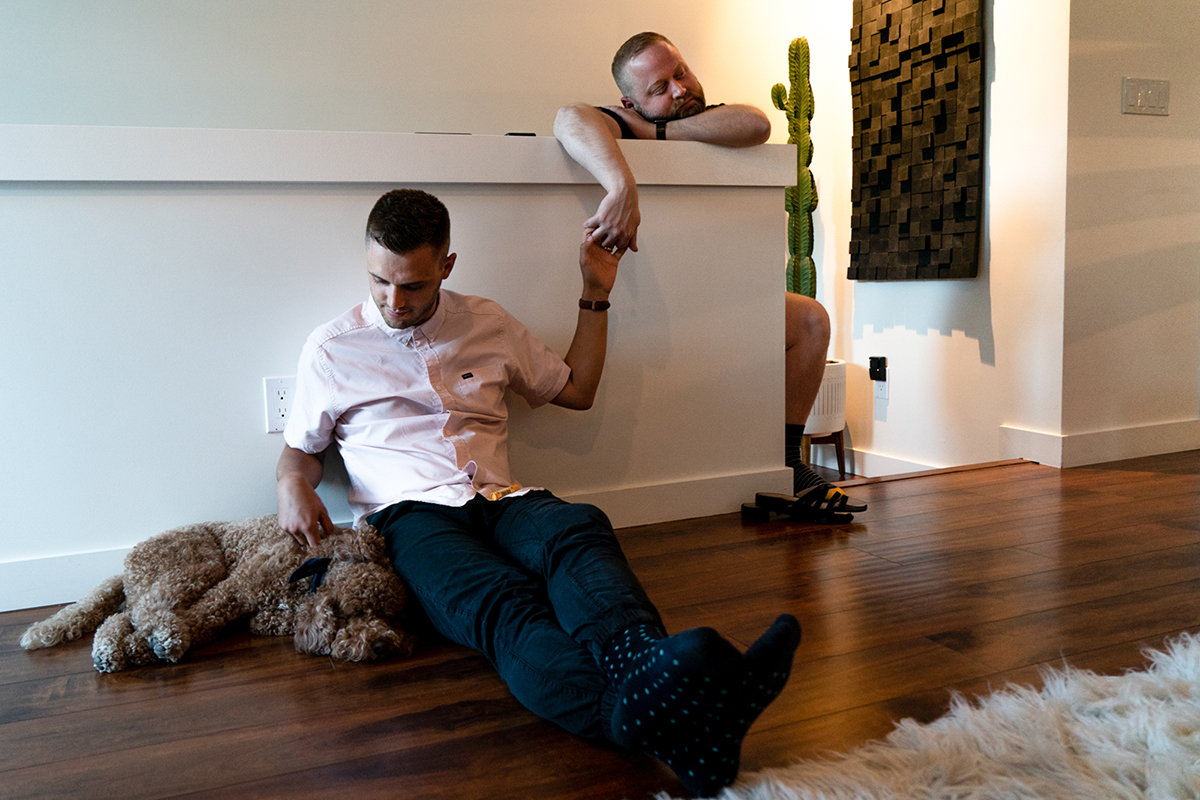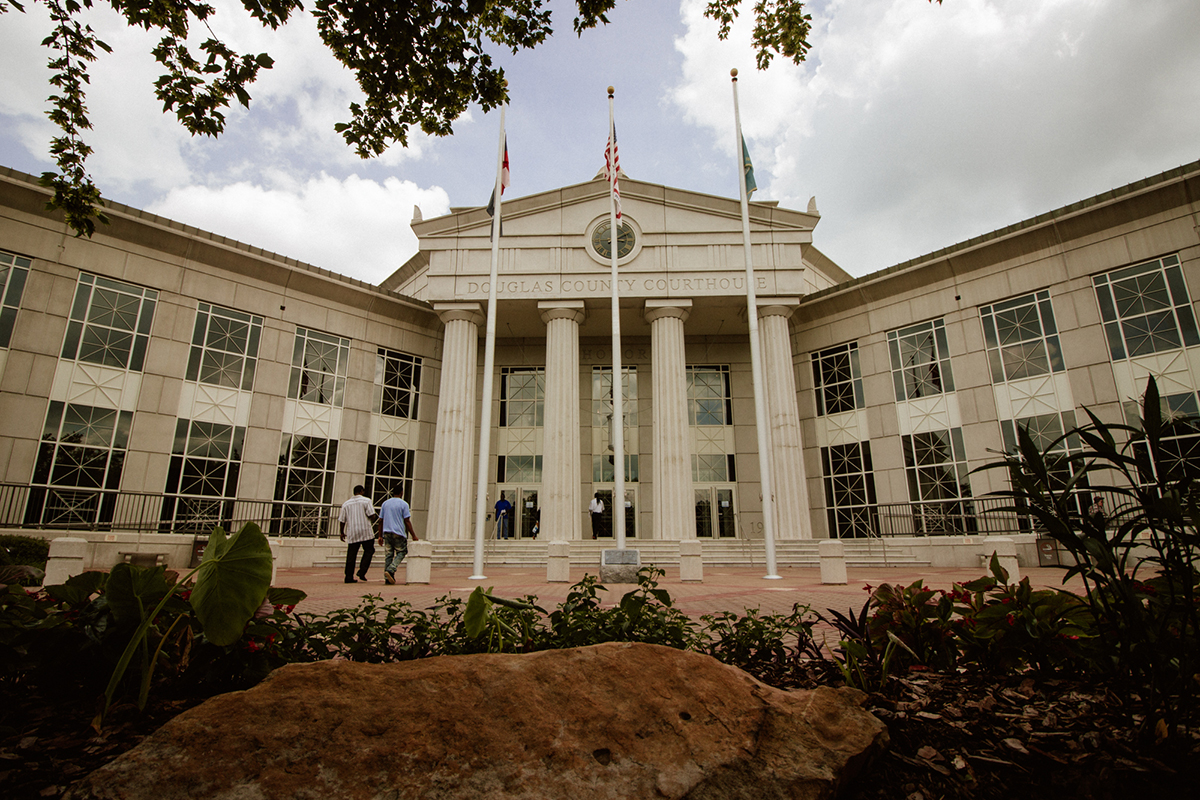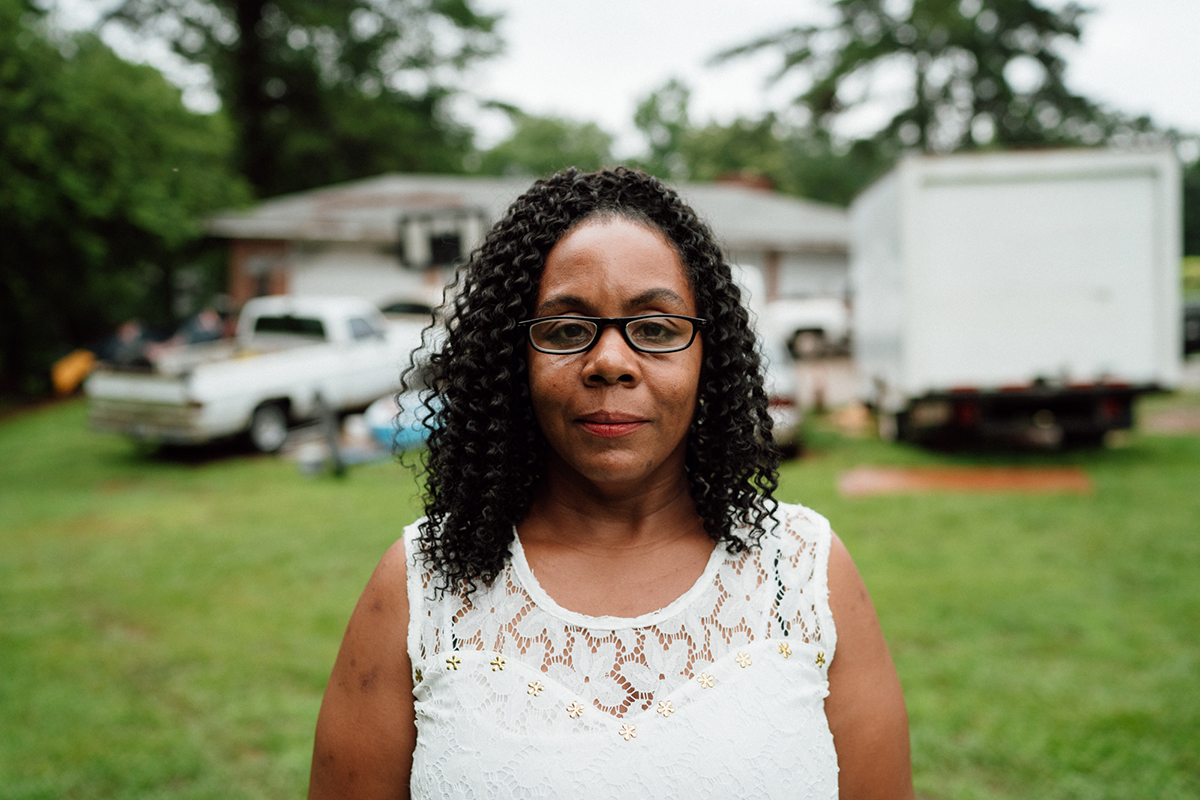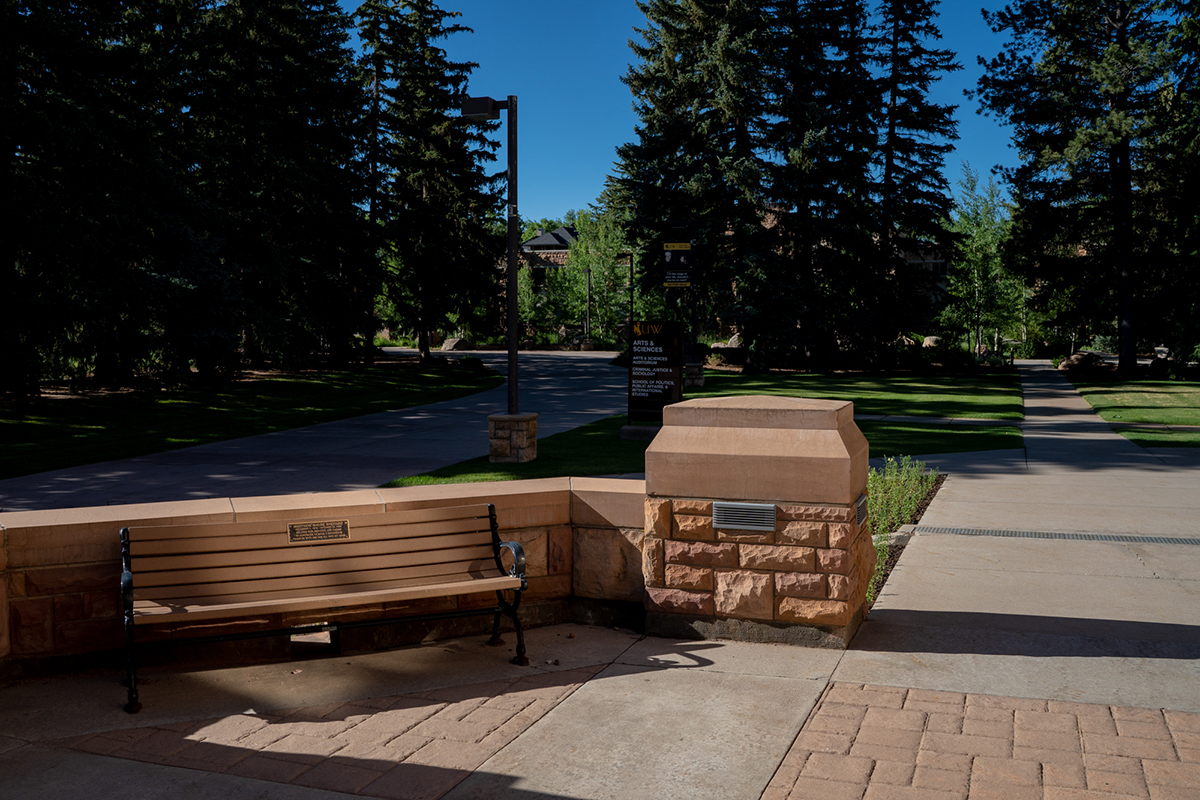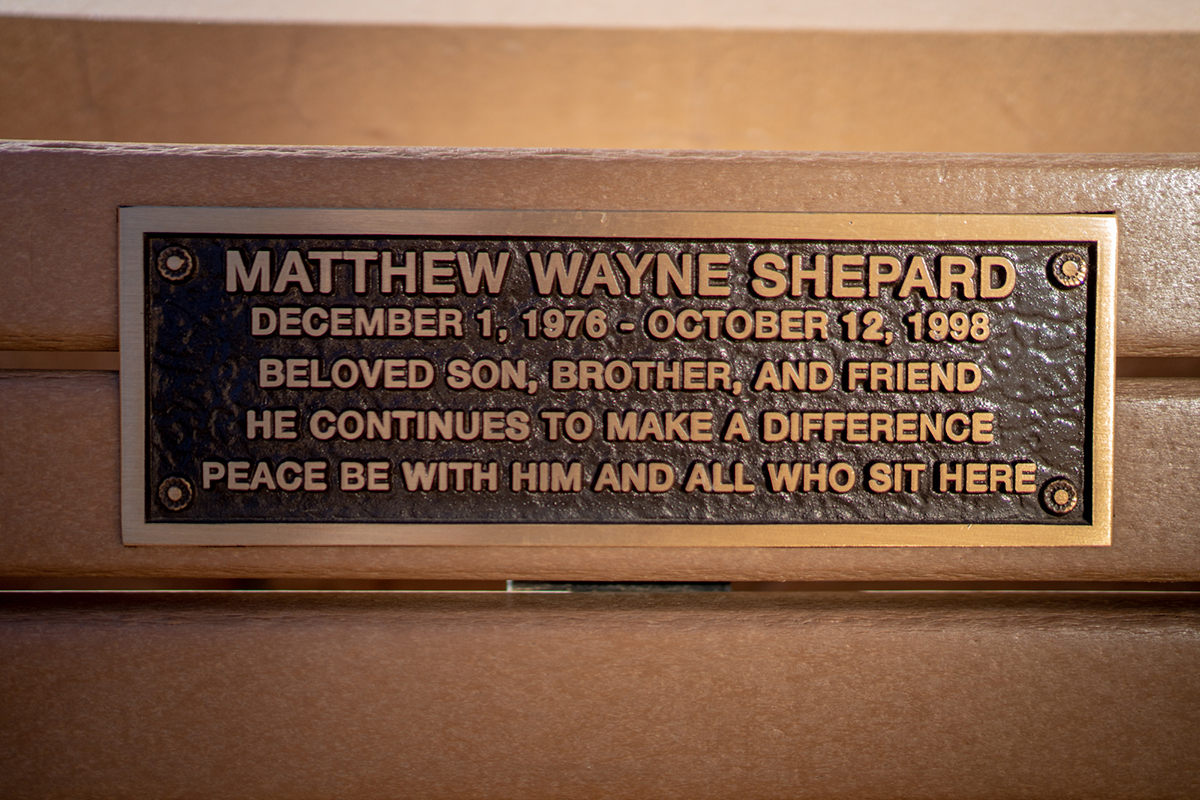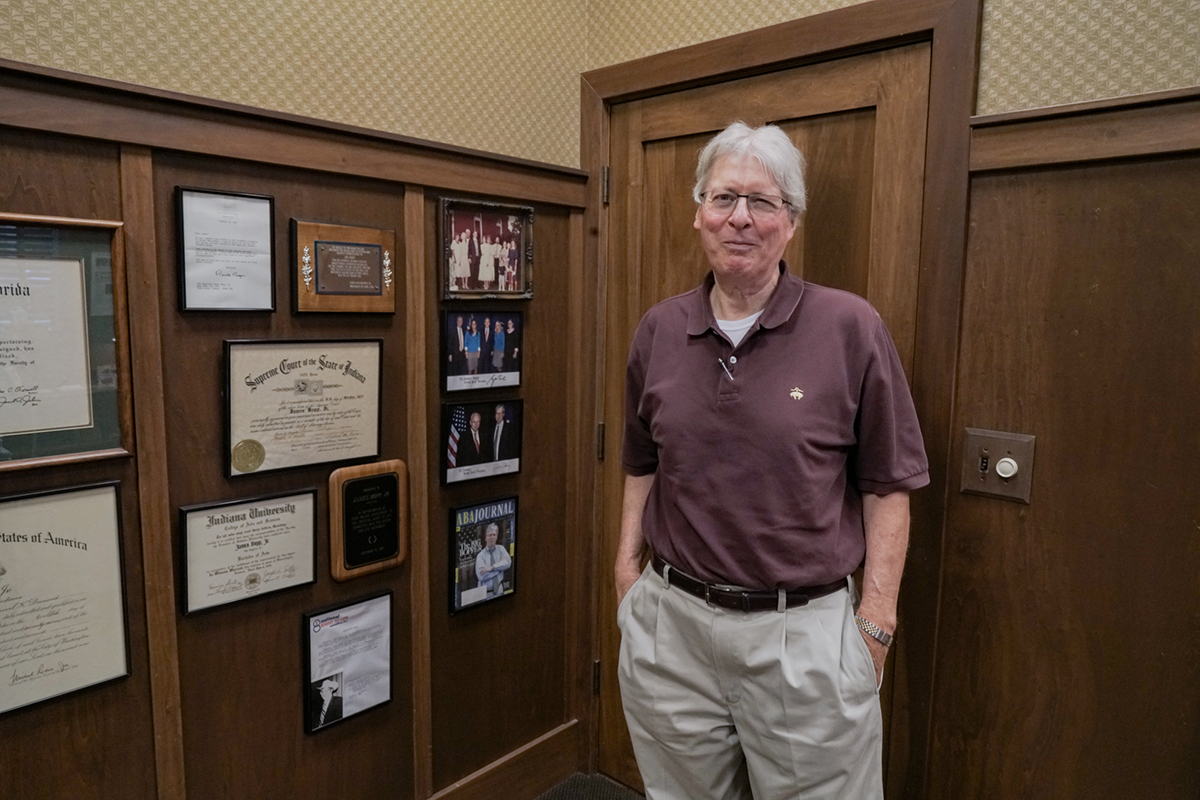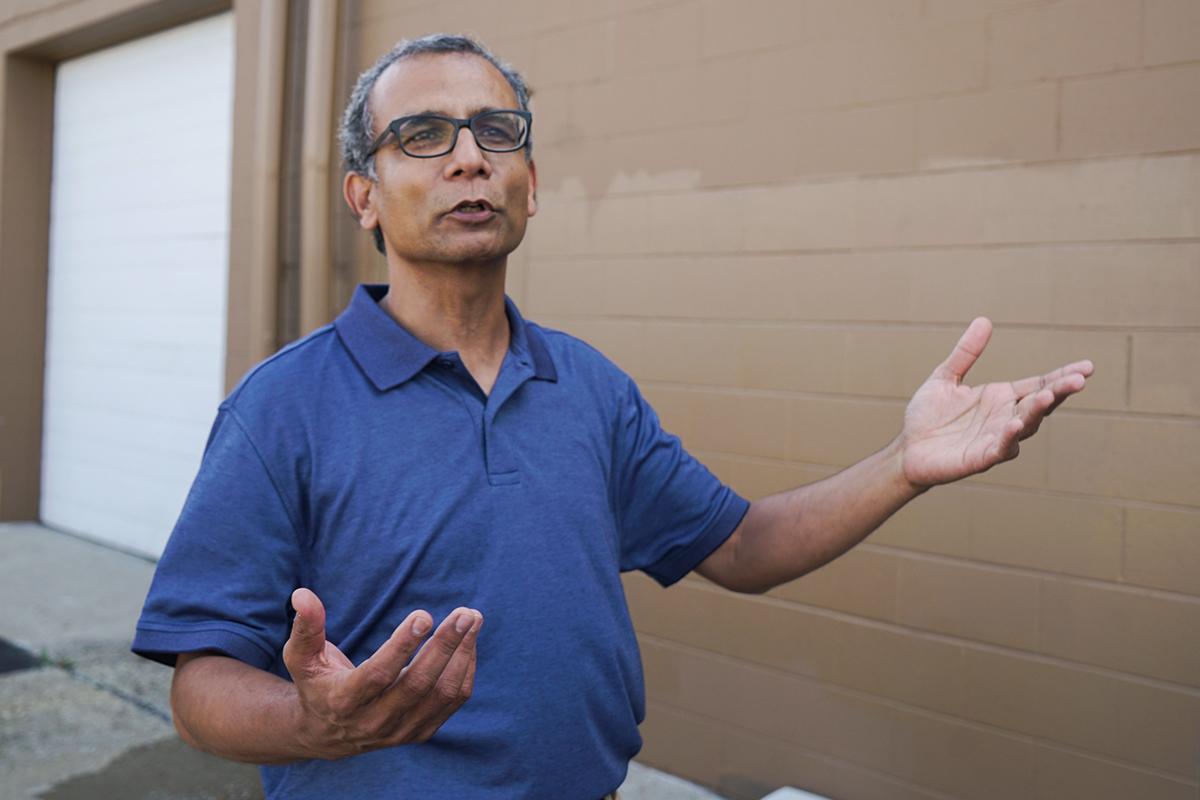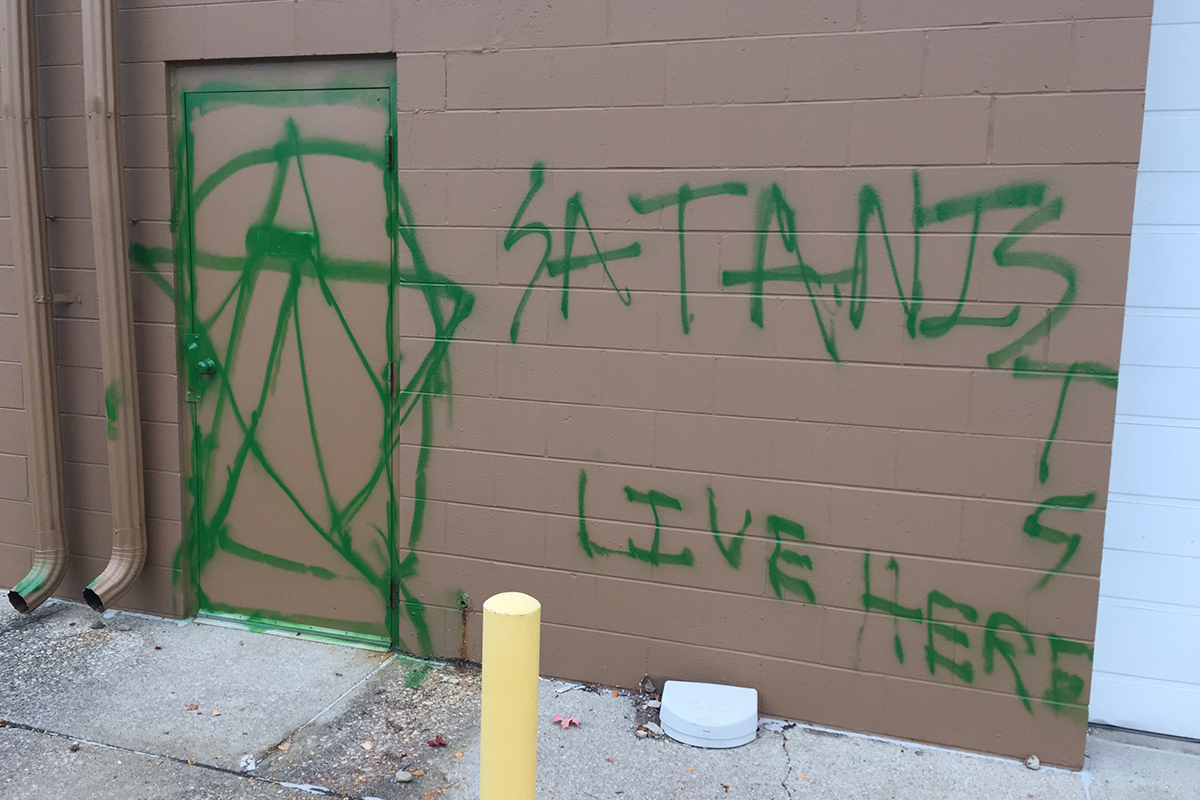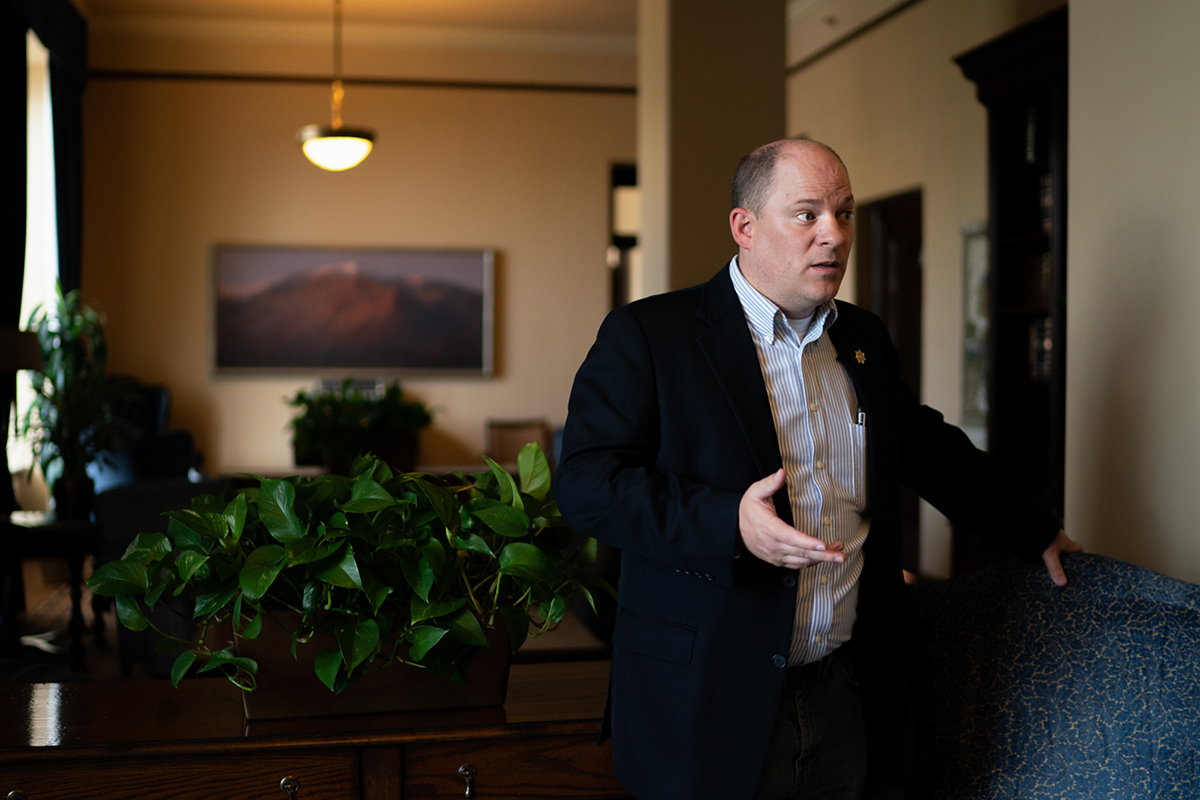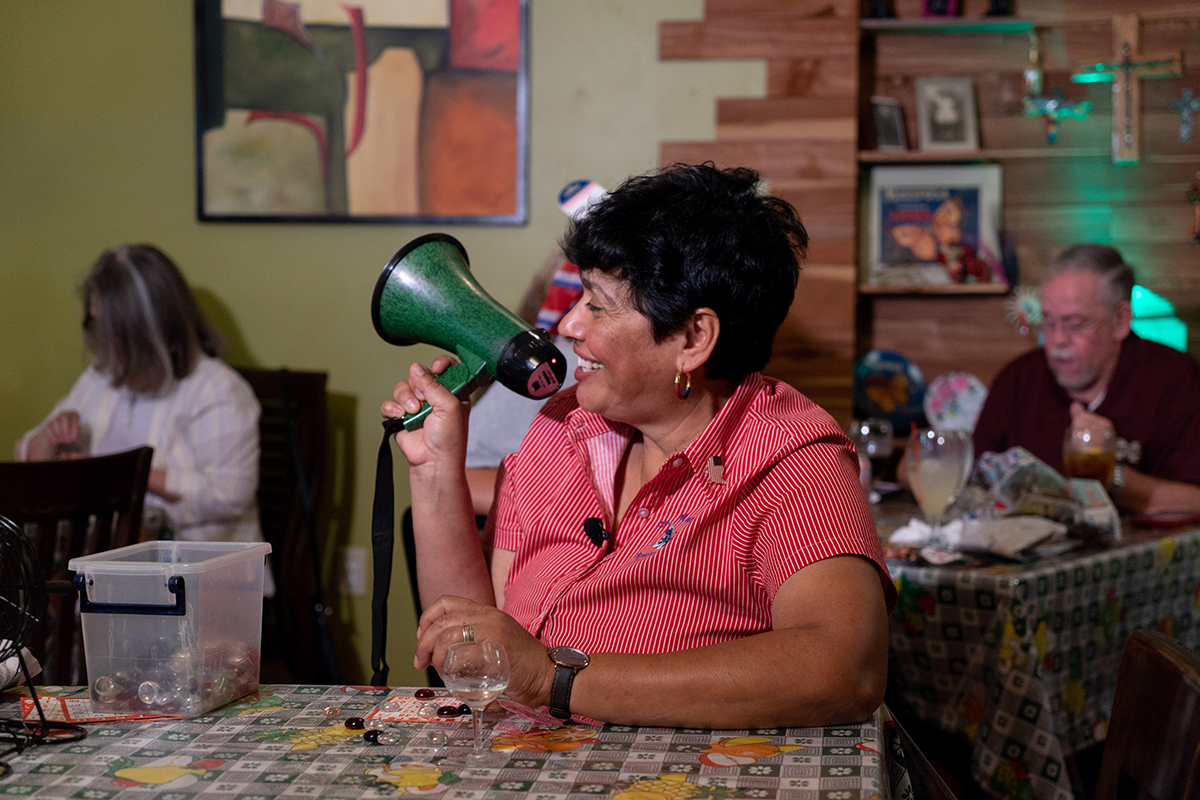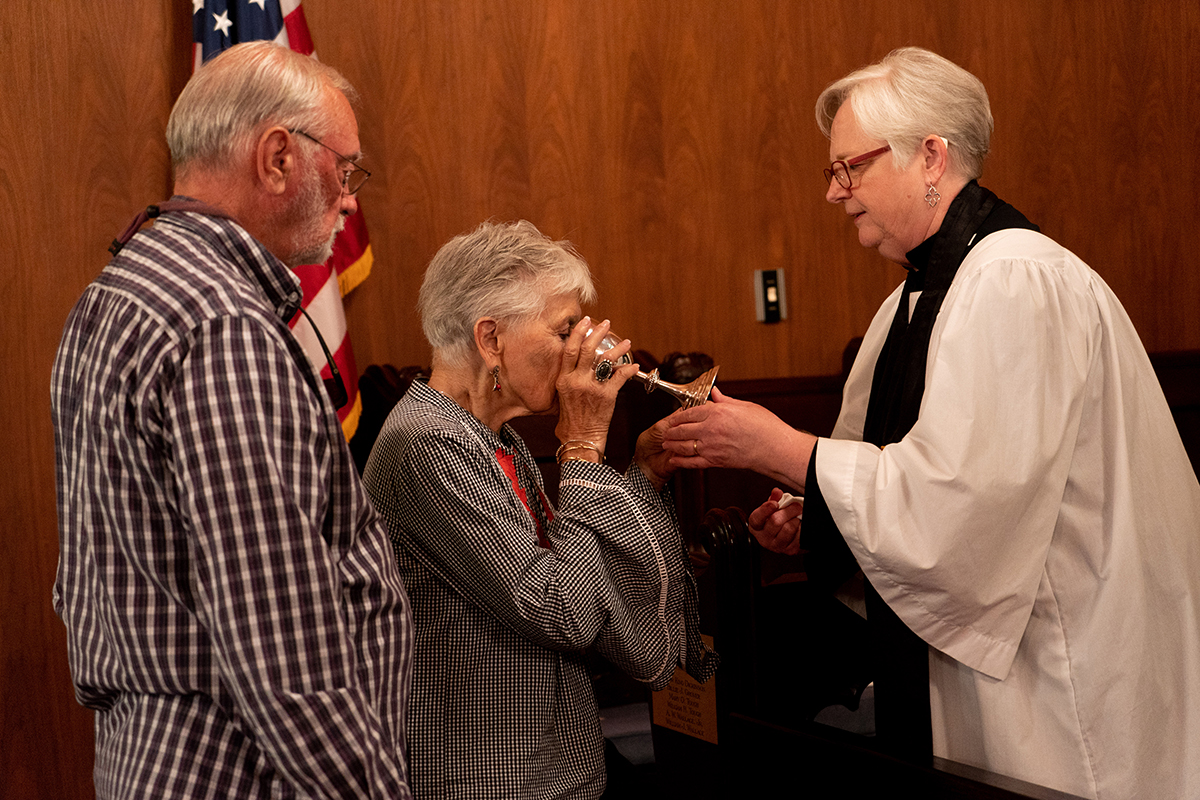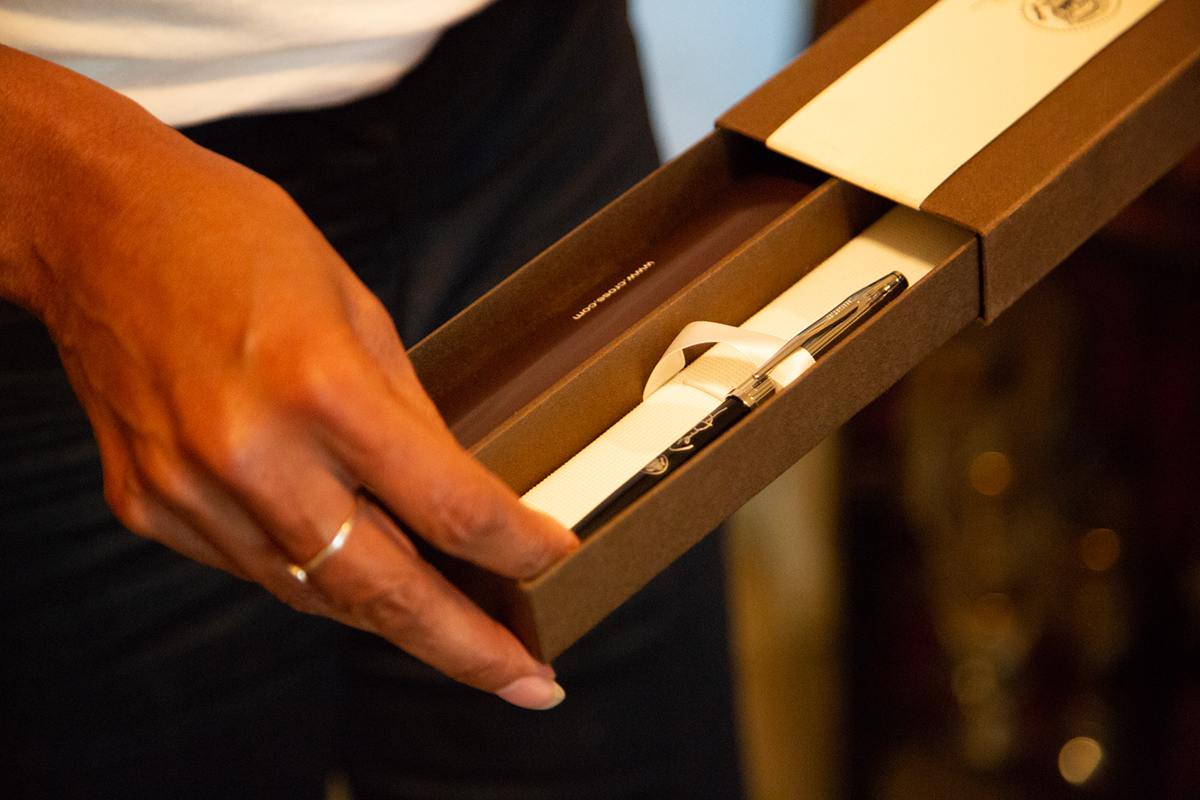When local prosecutors conclude state laws do not help them try a case successfully, they often turn to the FBI for help. Sometimes the FBI investigates soon after a report is made to local authorities. Other times it’s not until after state authorities determine they can’t prosecute under state laws. Many cases never reach the FBI at all.
“There’s just no uniform way that that happens,” said Cynthia Deitle, a former FBI agent who now works for the Matthew Shepard Foundation in Casper, Wyoming. “Every case is going to be handled differently.”
Last month, a Nazi flag and Iron Crosses were spray-painted on a brick shed owned by a synagogue in the wealthy Indianapolis suburb of Carmel, Indiana, renewing calls for greater hate-crime protections after legislation failed in committee this year. Past attempts had advanced to the Senate floor, and one bill even passed the Senate before dying in a House committee.
The vandalism at Congregation Shaarey Tefilla drew the attention of key political figures on both sides of the hate-crime debate, and the Legislature’s Corrections and Criminal Law Committee will study the issue in late August and September.
Indiana Gov. Eric Holcomb, a Republican, spoke out for the first time in support of legislation, saying, “No law can stop evil, but we should be clear that our state stands with the victims and their voices will not be silenced. For that reason, it is my intent that we get something done this next legislative session, so Indiana can be one of 46 states with hate-crimes legislation — and not one of five states without it.”
The Monday after the vandalism, Congregation Shaarey Tefilla opened its doors for a community vigil. Members of the public, interfaith leaders from every major religious group and four state legislators gathered in solidarity with the Jewish community. Many called for change.
Indiana Gov. Eric Holcomb, a Republican, spoke out for the first time in support of legislation, saying, “No law can stop evil, but we should be clear that our state stands with the victims and their voices will not be silenced. For that reason, it is my intent that we get something done this next legislative session, so Indiana can be one of 46 states with hate-crimes legislation — and not one of five states without it.”
“It is finally time for Indiana to put hate-crime legislation on the books,” Aliya Amin, executive director of the Muslim Alliance of Indiana, told a packed audience in the sanctuary. “It is time for us all to feel safe in our homes, to feel protected in our place of worship, to worry about learning and not bullying in our schools, and to walk with our heads held high and eyes looking forward instead of over our shoulders.”
News 21 reporters Alexis Egeland and Rebecca Walters contributed to this story.
Alexis Egeland is a Hearst Foundation Fellow, Justin Parham is a Donald W. Reynolds Fellow, and Rebecca Walters is an Ethics and Excellence in Journalism Fellow.
This story was reported in partnership with ProPublica’s Documenting Hate Project., which is collecting reports about hate crimes and bias incidents. If you've been a victim or a witness, tell us your story here.
